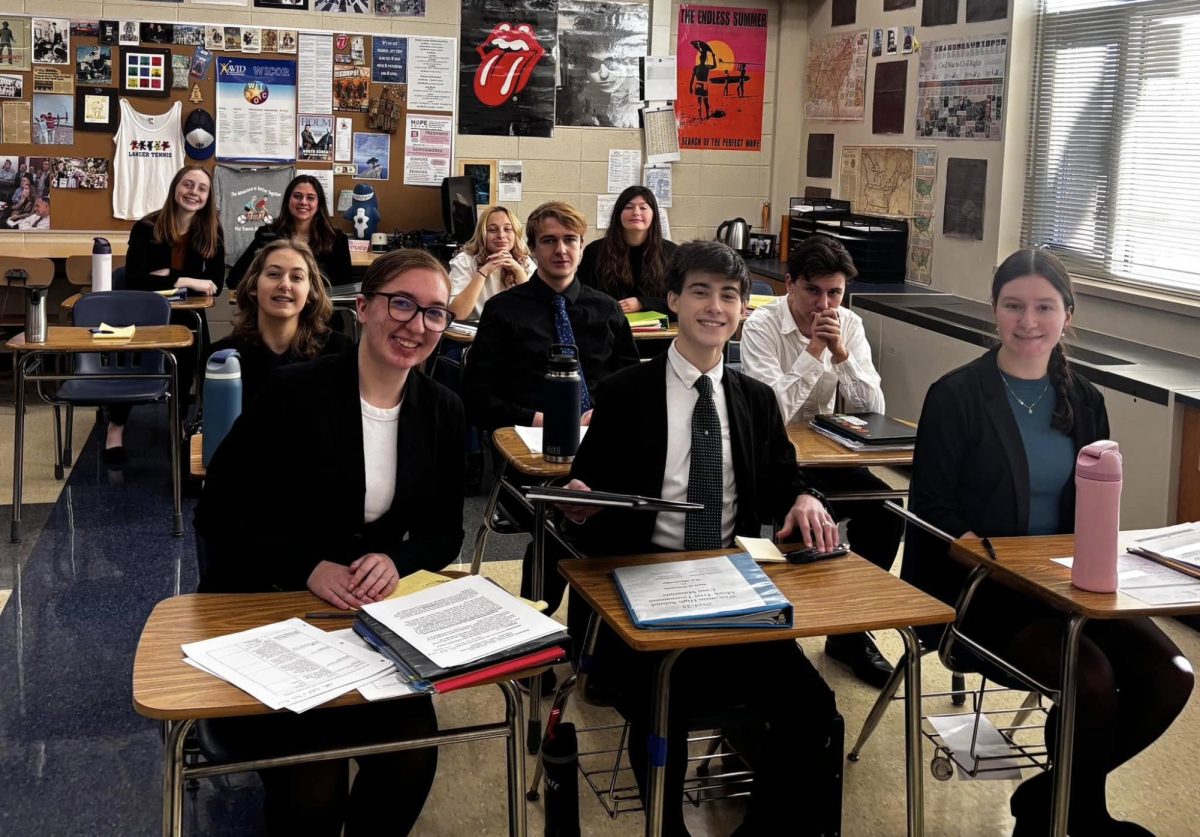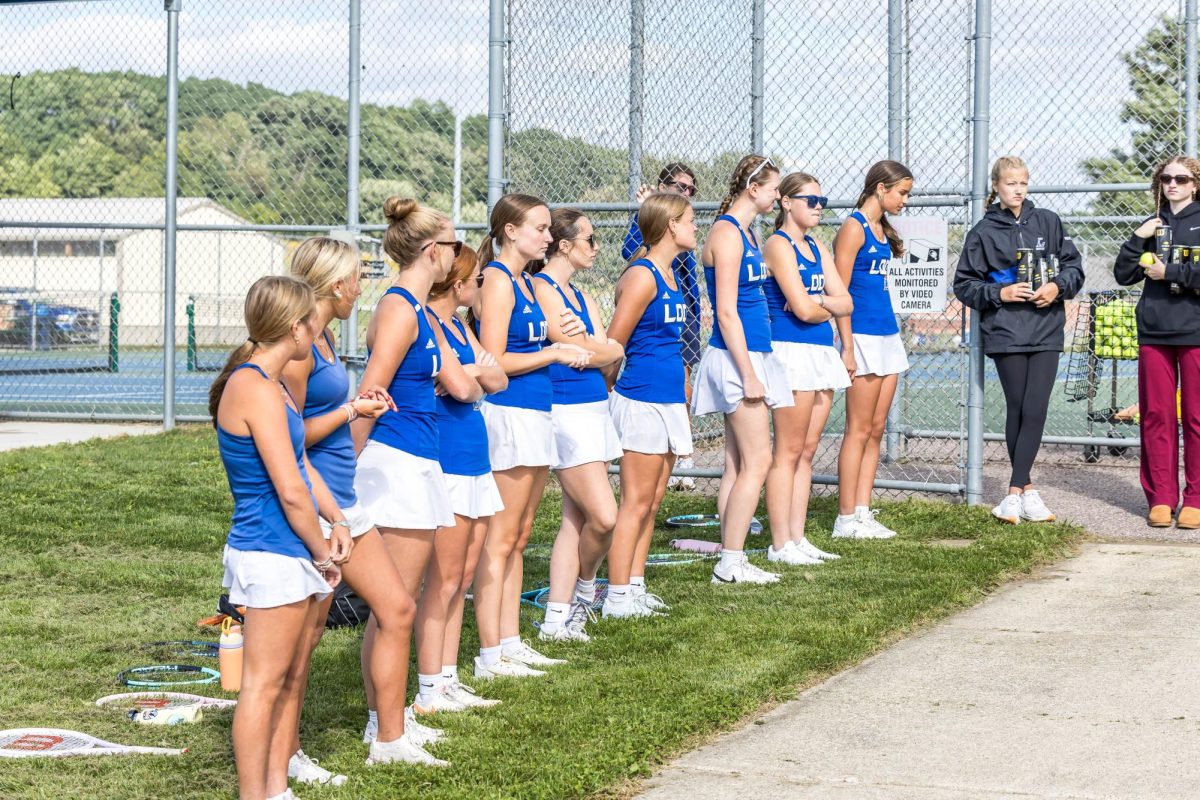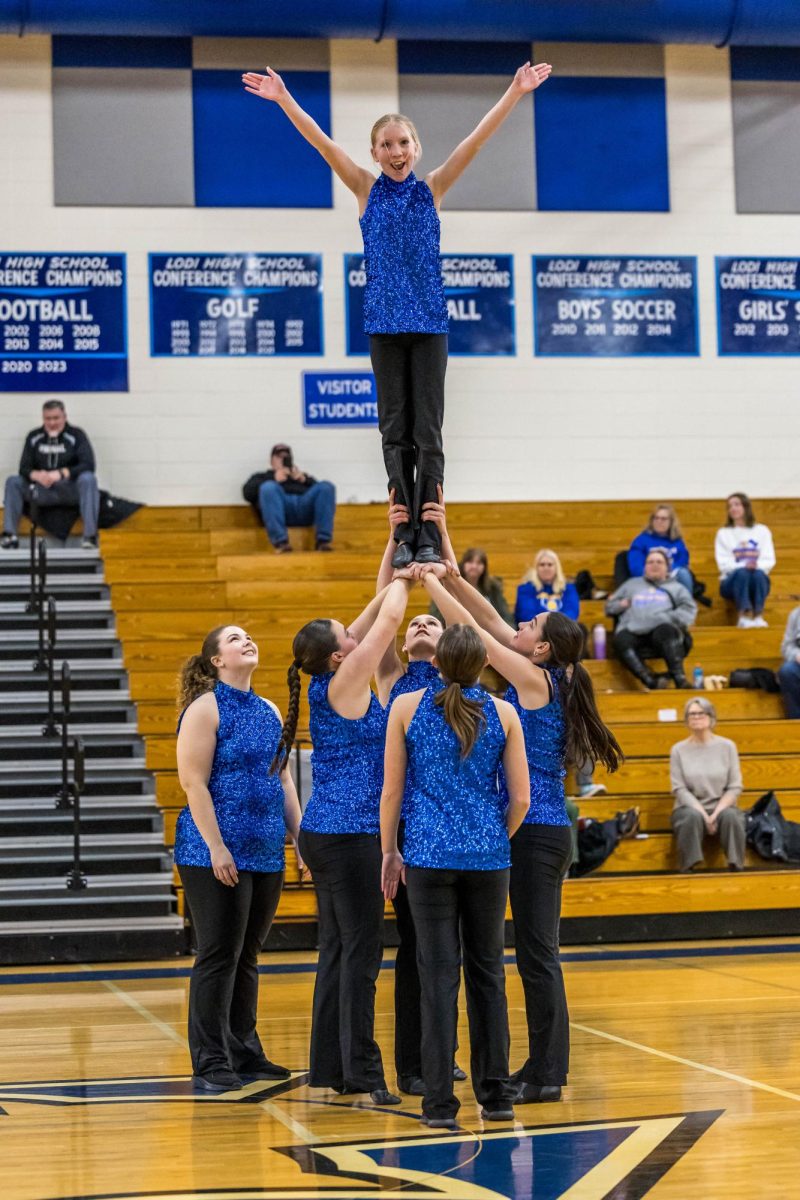Senioritis: The Laziness Becomes Deadly

Taken from Public Domain Vectors
April 18, 2023
We all know that senioritis is a nasty disease that affects poor defenseless high school seniors everywhere. No one is safe from this sometimes debilitating infection. It starts on September 1st and gets progressively worse as the year goes on. By the 4th quarter, the sickness is at its worst, and most seniors tap out at this point. If no one is safe, then how do we avoid this malicious illness?
First, we need to diagnose the gravity and seriousness of the disease in every person. On a scale of 1 to 10, senior and self-proclaimed victim Nick Hoffman rates his senioritis at “a 6 on the scale because there is only about 1 more month left and I can’t wait for summer/college.” He clearly has a mild case of the disease and is still able to live his life normally. Caroline Karls rates her senioritis a “10.” This is a classic case of the worst of the disease and what it can do to an amazing student. However, Rachel Winters provides a different perspective, describing her senioritis as “a solid 5 because, although I feel very unmotivated to complete my work, I still do it. It just takes me some time to muster the effort to actually get it done.” She is an inspiration; the disease infects her, but she doesn’t let it stop her from achieving her academic dreams. We love you, Rachel.
Next, we need to know the contributing factors of this condition. Rachel said, “Just the fact that I am accepted into college and have future plans in place, regardless of how this last semester ends up, contributes most to my senioritis.” Future plans are a huge contributor to senioritis since you want to live them, but you’re still stuck in your same life. Caroline Karls shared her contributing factor: “The school itself.” Sometimes your own environment suffocates you, especially after four years in the same place. Many things can contribute to senioritis and make it even more debilitating.
Having diagnosed and examined the contributing factors, let’s discuss the cure. The only remedy for this epidemic is graduation—the moment seniors can finally leave their high school years behind. What exactly are these seniors most excited about when they are finally cured? Rachel Winters said, “I am probably most excited about the change in lifestyle with more independence.” Going along with her contributing factors, Rachel wants to leave high school behind. Caroline bluntly stated, “Never having to go to LHS again.” This is the most valid response, and one that you would get the most if you asked many seniors. Nick Hoffman, on the other hand, said, “I am most excited about being out of school early and being able to go on vacation for graduation.” Wow, lucky duck! After his year-long battle, he gets to go on a little vacation to embrace and celebrate being cured. We now know the method to cure this disease and what it means to all of these victims.
Lastly, these now-cured seniors will have fulfilling lives after these four years. I bet everyone is curious what they will do once the disease doesn’t tie them down anymore. Nick plans to attend UW-Madison, “double majoring in chemistry and biology while playing soccer and golf for fun activities.” He will have an amazing next four years being smart. Caroline Karls will do “stuff.” The mystery and excitement of the future for this cured individual. As for Rachel, she said, “I am going to Carroll University to major in nursing,” transitioning from helping friends with homework to saving lives.
We wish all these cured seniors the very best as they embrace a life free from senioritis. As for the juniors, rest assured that senioritis will inevitably come knocking during your final year at LHS. While it may be unavoidable, remember that you can’t let it define you and stop you from getting your dream grades. Good luck, and may your senior year go by quickly.






















